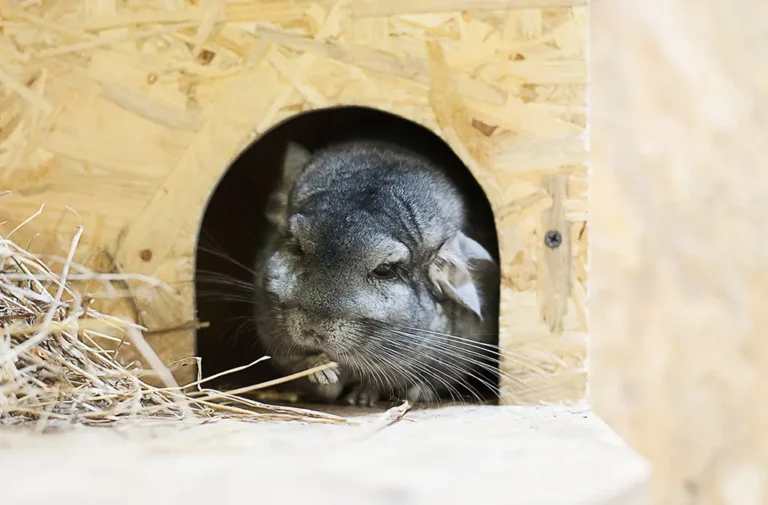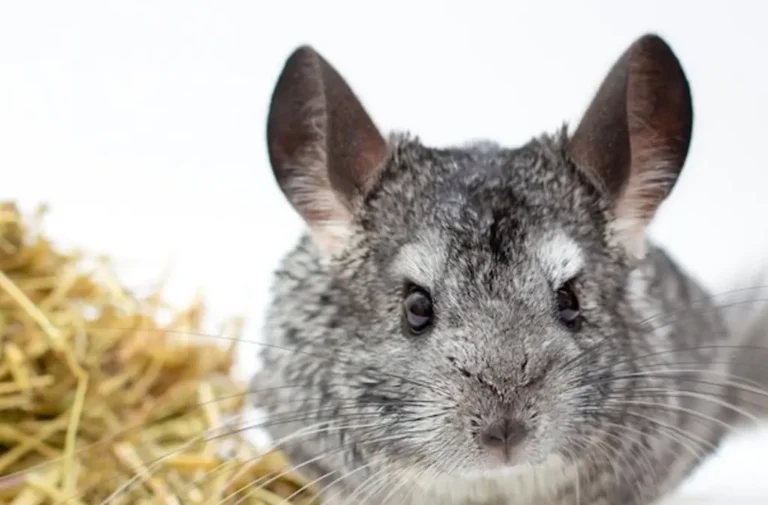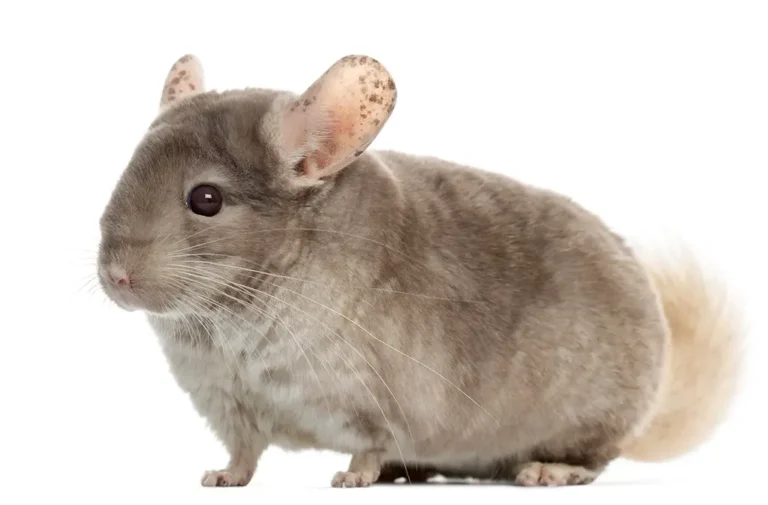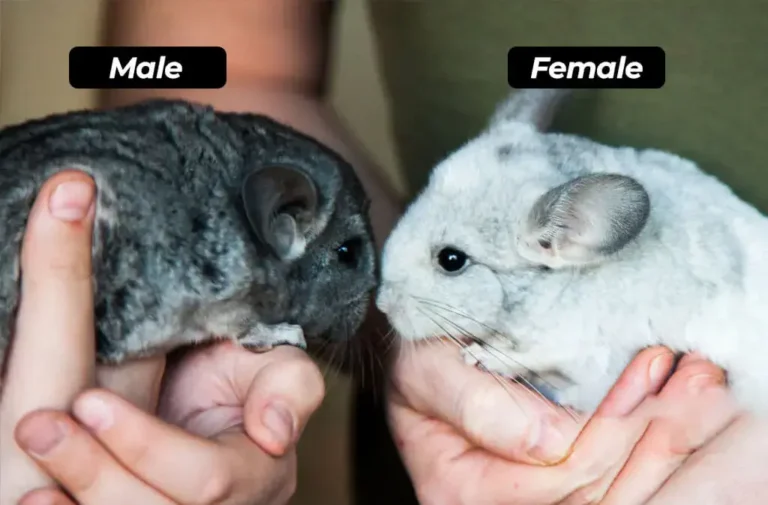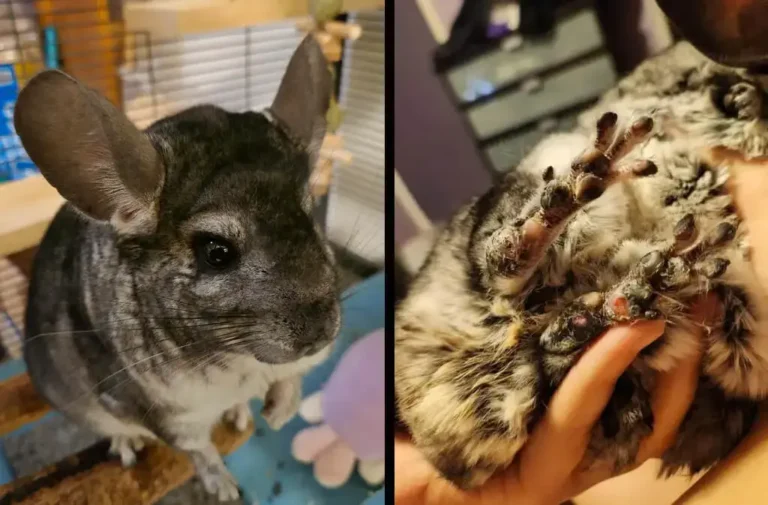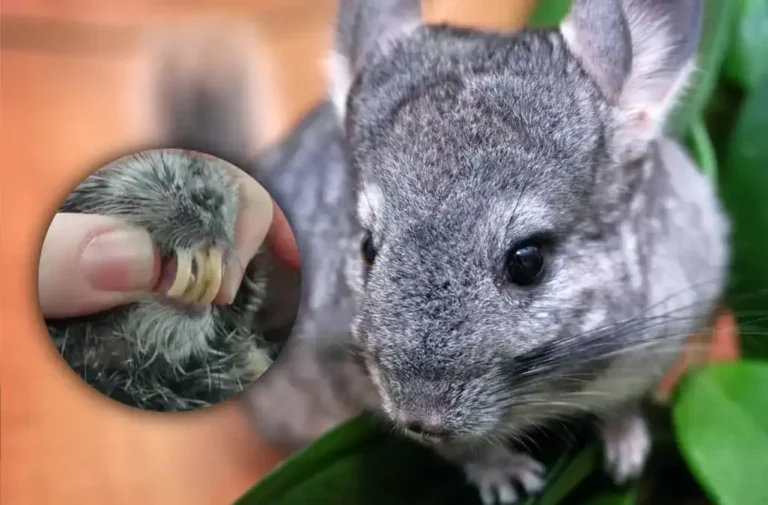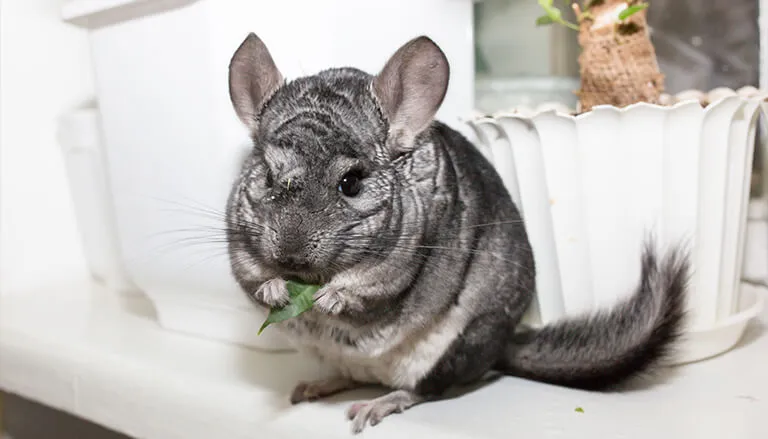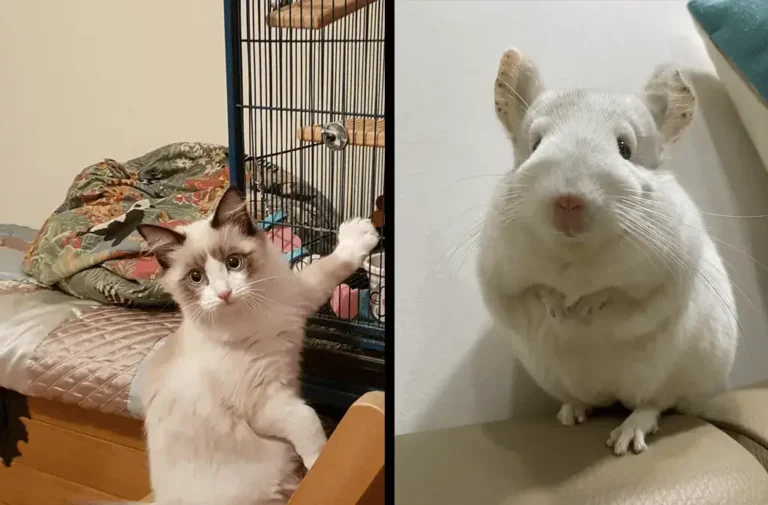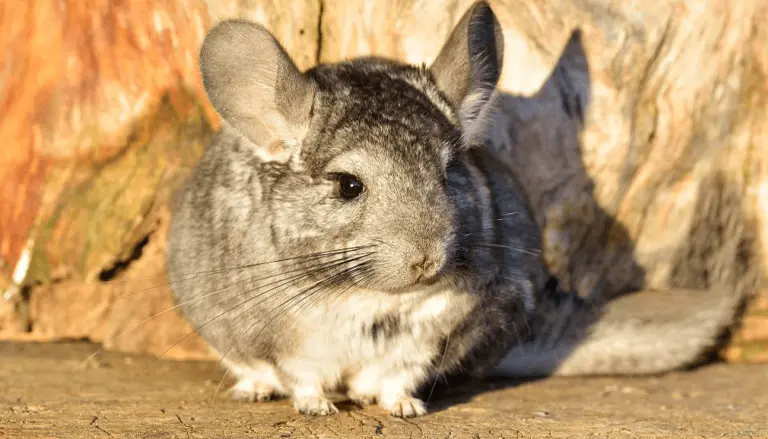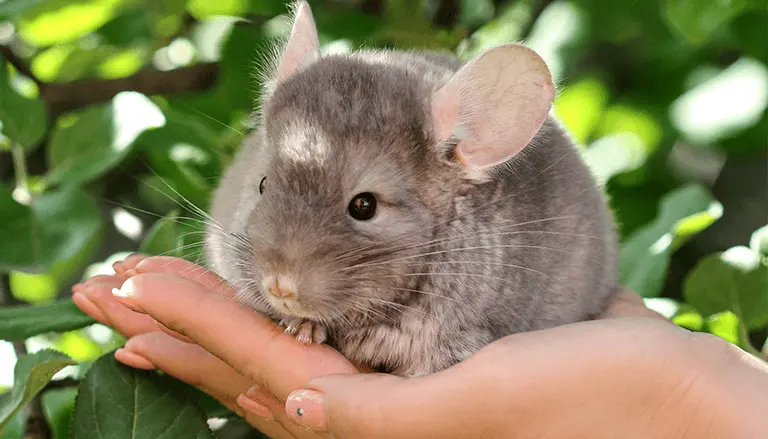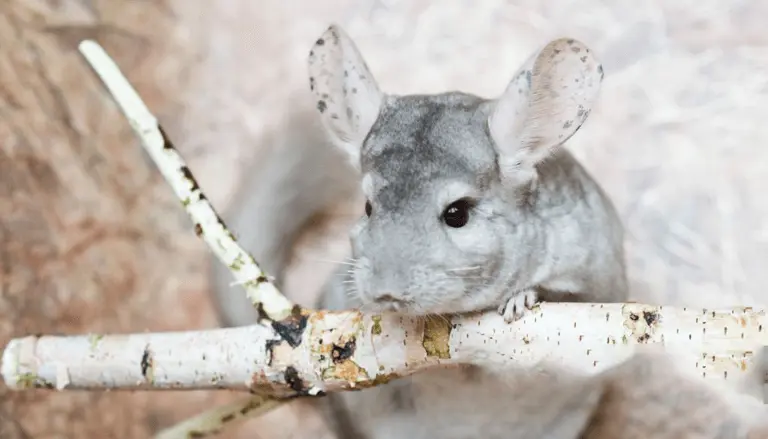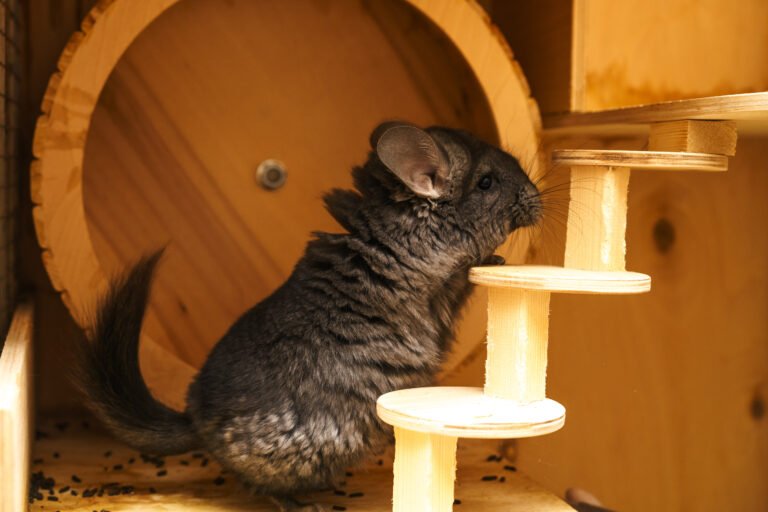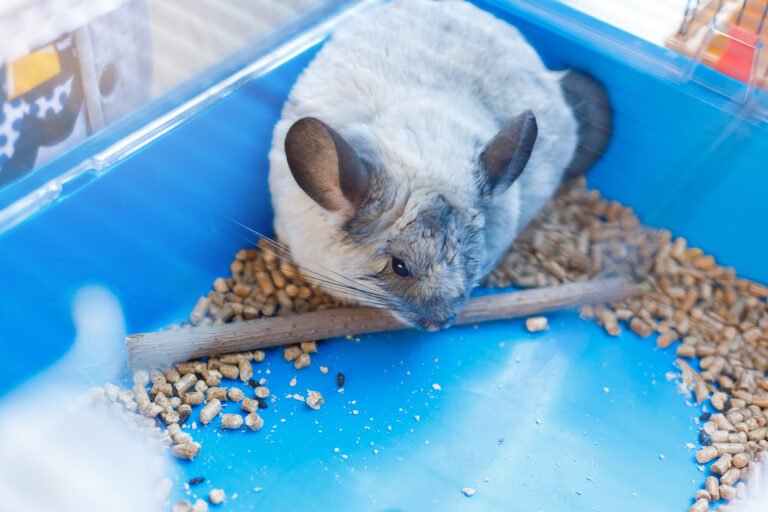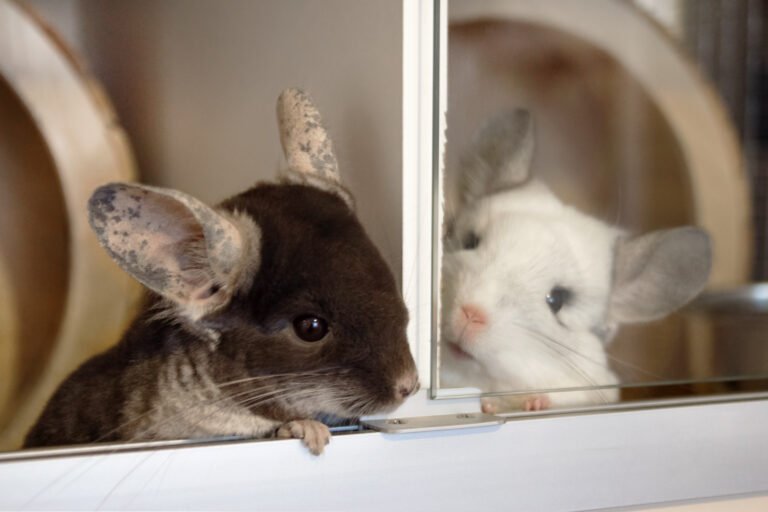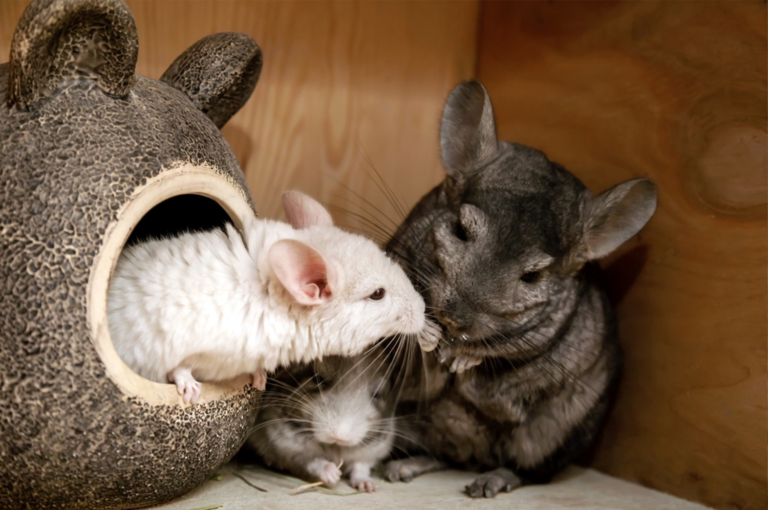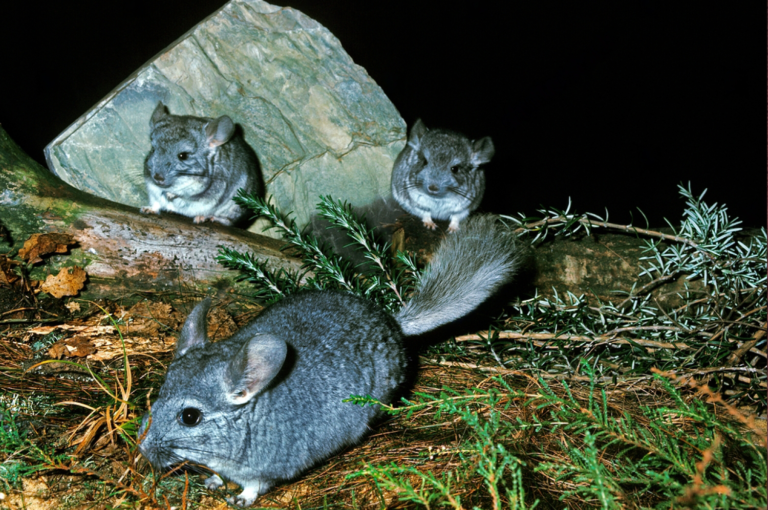Top 6 Chinchilla Health Issues: Keep Your Soft Companion Fit & Healthy

Chinchillas are furry and adorable companions with an entertaining and playful nature. These furry fellows can live a longer and happier life as compared to other rodents. The curious nature of these little cuddly fellows makes them a part of your family, and within a little time, they make a bond with their owners.
Who wouldn’t want their pet to live a longer and happy life with them? Being a responsible owner of these innocent creatures, you should be aware of the common chinchilla health issues. These rodents are susceptible to infectious diseases, dental issues, and skin problems. Besides this, they don’t even show signs of illness at an early stage, which leads them to suffer a little more before you notice it. Here in this blog, we are sharing some notable Chinchilla health problems that you should be aware of to ensure your chinchilla healthy and fit life.
Common Symptoms Of Their Sickness
Do You want to know when your chinchilla is in pain? Below are some signs you should notice if your little fellow is showing a change in behavior.
- Overeating/Loss of Appetite
- Diarrhea
- Drinking water more or less than usual
- Laziness/Sleeping more
- Skin irritations/swellings
- Signs of pain/bleeding
- Unusual teeth growth
- Runny nose/eyes
Inspect any behavioral changes and signs of illness on a daily basis. Regular vet checks are recommended to detect the diseases at an early stage. The veterinary professional will prescribe veterinary medicine if needed and suggest the essential treatment to deal with the disease.
Common Chinchilla Health Problems
Let’s move forward and understand the diseases these innocent creatures can go through.
1. Dental Issues
These innocent rodents have open-rooted and visible incisor teeth. Their teeth are capable of growing 2-3 inches per year. Therefore, to ensure chinchilla dental health, chewy and fibrous food items should be given. Abnormal tooth growth occurs due to the lack of fibrous and nutritious food. Providing them with chewy items will help to wear down their teeth; failing to do so will result in overgrown teeth and misalignment. Because of the improper alignment of their teeth, malocclusion occurs, which is their common dental problem. Due to the oversized teeth, they will be unable to eat properly, resulting in cuts on the tongue, cheeks, or lips and loss of weight and appetite.
2. Skin And Fur Issues
These adorable rodents are known because of their soft and luxurious fur. But if their fur is not maintained properly, it could result in infectious and fungal diseases like hair loss, skin irritation, fur chewing, and ringworm.
Besides this, the fur of these rodents is thick. Therefore, it takes a long time to dry out completely if water penetrates their fur. Dermatitis (Skin Inflammation), Alopecia (Loss Of Hair), and pyoderma (Skin Infection) result because of the presence of moisture content in their fur. So, it is essential to be aware of chinchilla skin problems and not let them get a water bath.
3. Heat Stroke
These playful rodents are native to the Andes Mountains of South America, where the temperature remains between 2-7ºC. It is considered an ideal temperature for their growth. Their thick fur allows them to grow at this temperature. Because of their ability to thrive at the lowest temperatures, they become intolerant to extreme weather conditions. Therefore, if you have chinchillas at your home, make sure the temperature doesn’t exceed 13-21ºC.
It is recommended to keep the humidity level at 60% to make them comfortable. Keep them protected from the sunlight and extreme temperatures. Otherwise, it would lead them to heatstroke. Panting, sweating, and breathing with an open mouth are the signs of heatstroke. Besides this, chinchilla convulsions could also result in a situation in which the blood sugar level drops instantly because of overheating or stress.
4. Respiratory Problems
The chinchillas have a very sensitive respiratory system and can breathe only through their nose, which leads to different respiratory infections. Several environmental factors cause these infections. Because respiratory infections are fatal and could lead to pneumonia, therefore it is recommended not to take this issue lightly and instantly go to a veterinary expert.
The behavioral changes in the case of respiratory issues include sneezing, discharge from the nose, water eyes, difficulty in breathing, and loss of appetite. Observe them regularly, and if you notice any of these issues, take them to the veterinarian instantly. It is first priority for chinchilla owner to keep chinchilla healthy
5. Diarrhea
The chinchillas are prone to diarrhea if they are fed a diet with high carbohydrates and low fiber. A non-uniformly mixed food has simple carbohydrates that are highly fermentable in the hindgut of these rodents. Excessive fermentation in their hindgut causes a large influx of water in their colon,

which results in loose stools.
Diarrhea could cause dehydration, which increases the chances of chinchilla health issues and gastrointestinal stasis. Therefore, keep your urry yellow protected and take them to the veterinarian for a checkup.
6. Gastrointestinal Stasis
Chinchillas have a very sensitive digestive tract; therefore, it is essential to monitor your little companion regularly for signs of GI stasis. The sensitivity of their digestive tract could lead to serious Chinchilla health issues. Their GI system can process the fibers in large quantities in the form of plants.
In their native habitat, they feed a large quantity of fibrous vegetation, While in domestic, they consume a large amount of hay, which is high in fiber, like Timothy Hay. To fulfill the dietary needs of these rodents, the food they eat moves quickly through this system and makes space for more consumed food. The process of ingestion, defecation, and movement are the key elements that help to maintain chinchilla health. The signs of GI stasis include loss of appetite, less intake of water, laziness, lethargy, and abdominal stretching.
Summing Up!
These playful and entertaining rodents can live longer and happier lives if I take care of chinchilla health properly. These are the types of rodents that are sensitive to various infectious and fungal diseases. Therefore, it is recommended that chinchilla health be taken care of by identifying the signs of diseases on time.
Your rodent can suffer from respiratory issues, GI stasis, diarrhea, heat stroke, skin issues, and dental problems. Some symptoms that you should take seriously involve loss of hunger, sleeplessness, laziness, reduced water intake, diarrhea, runny nose, and signs of distress. If you notice any of the given signs in your furry fellow, take them to the veterinary doctor as soon as possible.
Frequently Asked Questions?
An environment with loud noises and the presence of many other pets are the reason for their stress.
Their health issues include gastrointestinal stasis, diarrhea, respiratory issues, heat stroke, skin and fur issues, and dental problems.
Blowing on their face and in response to the loud noises, they get mad.
If they grow up without any companions, they become antisocial and aggressive.

